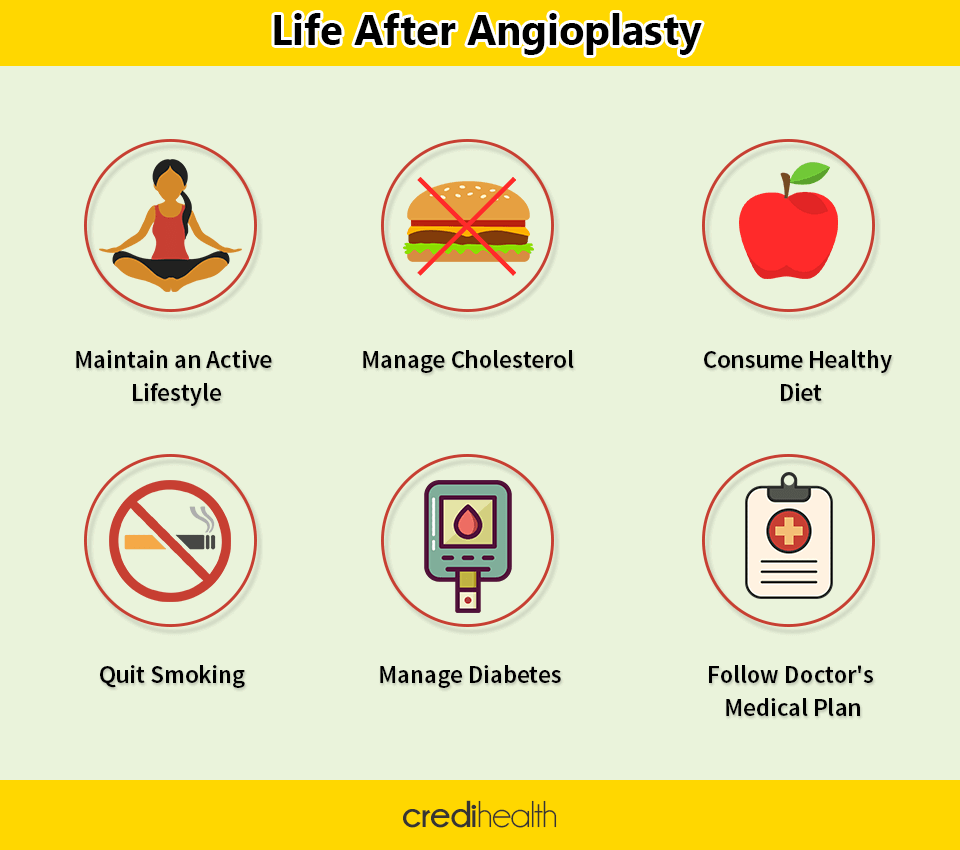An angioplasty is medically known as an atherosclerosis. The procedure is an invasive procedure that aims at opening arteries that are blocked. The procedure involves inflating a tiny balloon in the blocked artery that restores blood flow to the heart. The procedure is complete when a stent is placed in the artery to reduce the chance of the arteries narrowing again.
A person who has had an angioplasty needs to be on the right diet to have a healthy heart and reduce the chances of causing harm to the heart once again. The following Indian diet chart after angioplasty will ensure that the patient is on the road to recovery and doesn’t face any issues. If you have any questions regarding your recover, you may consider consulting an online doctor.
What does an Indian diet chart after angioplasty include?
- Healthy Fats: A healthy fat may sound like an oxymoron, but such a thing does exist. Healthy fats are an important component of an Indian diet chart after angioplasty to sustain blockage of the arteries. Healthy fats include fish rich in omega-3 fatty acids (lake trout, mackerel, herring, salmon, sardines, and albacore tuna), Indian ghee and clarified butter.
- Vegetables and fruits: Fenugreek (methi) seeds can be added to the curry/dal/curd in your diet. The seeds are a great source of fiber. They reduce cholesterol and lessen the chances of blocking the arteries. Fruits such as apples, oranges, pears and melons and vegetables such as carrots and broccolis are excellent sources of vitamins and minerals.
- Heart Healthy Oils: Vegetable based oils such as sesame oil, groundnut oil, olive oil, mustard oil and sunflower oil are rich sources of unsaturated fats and must be included in your Indian diet after an angioplasty.
- Whole Grains: Whole grains control blood sugar levels and cholesterol. Brown rice, rolled oats,barley, corn, plain popcorn and other fiber rich food can make a great difference in your diet.
- Nuts and Seeds: Foods such as almonds, cashews, walnuts, pecans, hazelnuts and pistachios are calorie-rich and healthy snacks for the heart. Such foods are rich in vitamins, proteins, antioxidants and essential fats.
- Sprouts and legumes: Sprouts and legumes are a rich source of low-fat protein that provide fibre to the body.
- Water: Drinking an adequate amount of water aids in fighting off viruses and clearing the body of harmful toxins. Sipping on a cup of hot water regularly is a good habit.
A consultation with an expert is one click away. To get any of your queries answered, talk to an online doctor.






Be the first to write a comment.